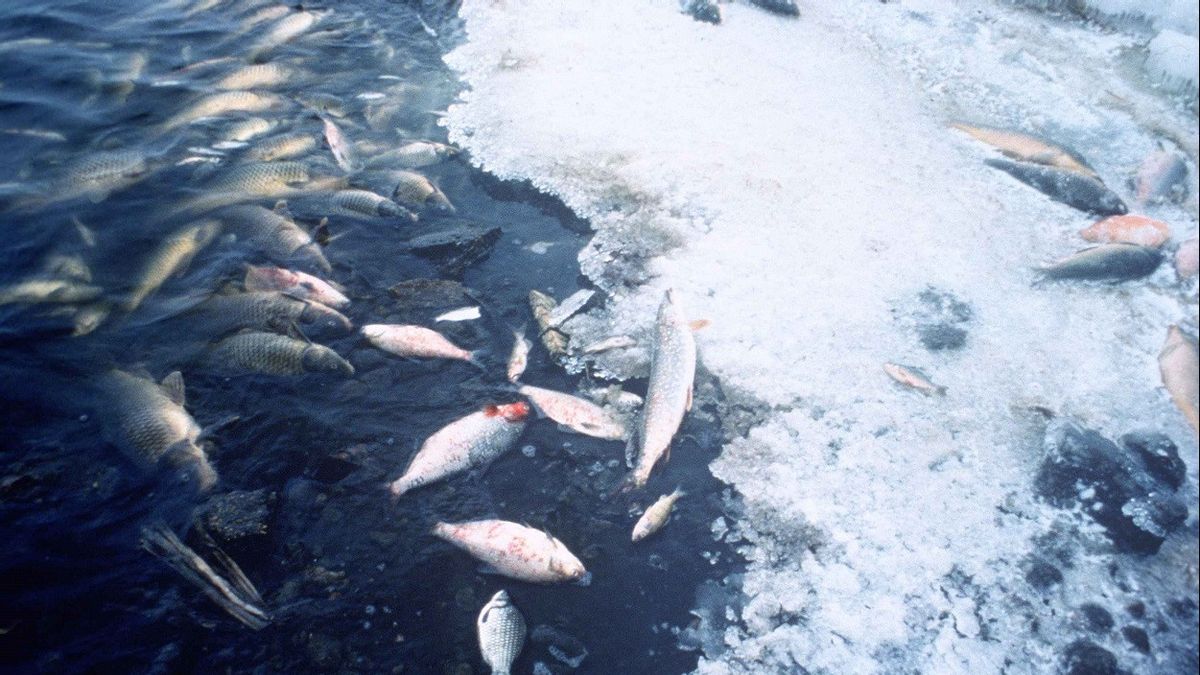JAKARTA - Russian scientists are teaching volunteers from the Arkhangelsk Region how to sample Arctic waters contaminated with microplastics, part of a move to involve the public in water monitoring.
The volunteers will send the collected samples to a laboratory, to improve ecological monitoring of the region, the press service of Moscow's Lomonosov State University said on Wednesday.
According to scientists, it is important to teach volunteers to help monitor waters in areas that lack adequate scientific equipment, for local testing.
During a field expedition to Russia's Arctic National Park, they taught representatives of the ecological movement Clean North - Clean Country (Arkhangelsk Region) how to take water samples.
It is known, the aim of the ecological movement is to unite people around the ecological problems of the North.
"We have shown how a person, far from science, can help with sampling. We have used the most basic tools, which will be easy for those who only view online lectures," said university expert Nikita Sobolev, as quoted by the press service, launching TASS 17. March.
"We have taught the volunteers how to take samples, how to send them to the laboratory for further tests. Now, they will be able to control the pollution of Arctic waters."
Expedition participants have collected 13 water samples from lakes, rivers and coastal areas of the White Sea. Seven of the samples taken were tested positive for microplastics.
To note, this study also involved specialists from the Federal University of North Lomonosov (Arctic) and from the Russian State Hydrometeorological University.
The English, Chinese, Japanese, Arabic, and French versions are automatically generated by the AI. So there may still be inaccuracies in translating, please always see Indonesian as our main language. (system supported by DigitalSiber.id)













